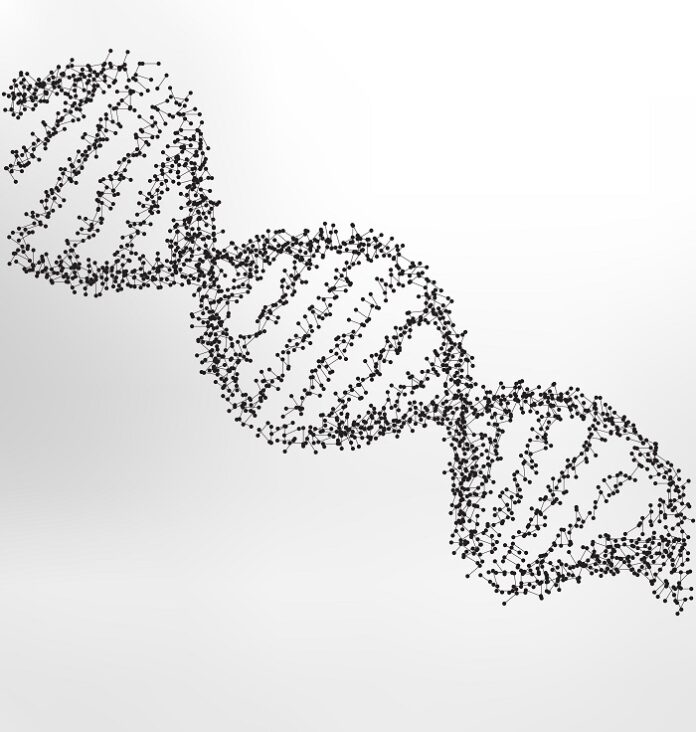Children’s Mercy Kansas City has made a groundbreaking advancement in the treatment of rare genetic diseases through the use of personalized antisense oligonucleotides (ASOs). This innovative approach, which significantly accelerates and reduces the cost of therapy development, was detailed in a study titled “Rapid and scalable personalized ASO screening in patient-derived organoids,” published in Nature.
Traditionally, generating patient-derived induced pluripotent stem cells (iPSCs) can take up to a year and costs between $5,000 and $10,000 per patient. The new method developed by Children’s Mercy researchers uses a small number of patient blood cells to produce iPSCs in just two to three weeks at a cost of less than $500 per patient. These iPSCs are then used to grow patient-specific organoids—3D cell models that mimic organ development and function—enabling accelerated therapeutic evaluations.
Dr. Scott Younger, Director of Disease Gene Engineering at the Genomic Medicine Center and leader of The Younger Laboratory at Children’s Mercy, highlighted the impact of this breakthrough. “A family could go from a blood draw to a diagnosis or treatment recommendation in as little as two months, significantly faster than the industry average of over a year,” he said.
The study validated the approach using samples from three patients enrolled in the hospital’s Genetic Answers for Kids (GA4K) program. For these patients with Duchenne muscular dystrophy, the team successfully restored dystrophin protein expression and function in patient-derived organoids. The therapies included an FDA-approved ASO for one patient and customized ASOs for the other two.
The research demonstrates the potential of patient-derived organoid models to advance personalized medicine, with applications extending to disorders affecting the heart, kidney, liver, and other tissues. “This platform enables us to prioritize integrating research with clinical care, achieving a ‘bedside-to-bench-to-bedside’ approach,” said Dr. Steve Leeder, interim executive director of the Children’s Mercy Research Institute.
As reported by medixpress, the study’s findings are designed to be accessible to research labs worldwide. “Our methods can be implemented in standard laboratories without the need for specialized equipment or costly reagents,” said Dr. Younger. “This breakthrough can revolutionize the understanding of rare diseases and open new therapeutic pathways.”
Children’s Mercy Kansas City hopes this method will be widely adopted, paving the way for faster, more effective care for patients with rare diseases across the globe.























